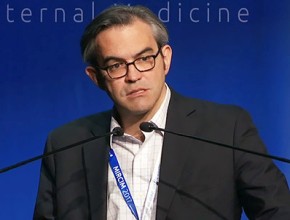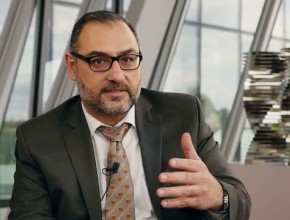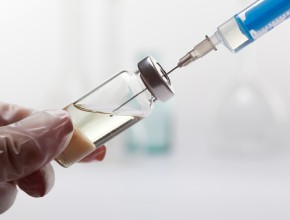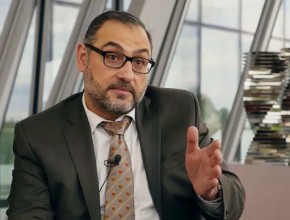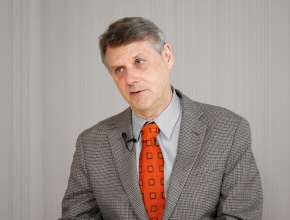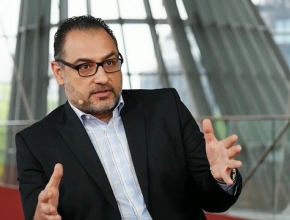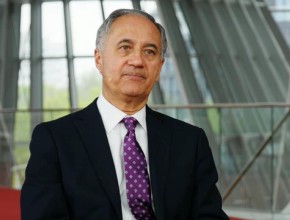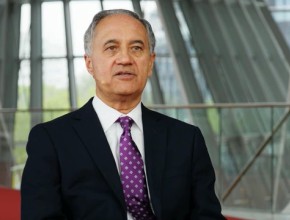As the Assistant Dean for Continuing Health Sciences Education, you are responsible for continuing professional development (CPD) and continued medical education (CME) at the Faculty of Health Sciences at McMaster University. For those who are unfamiliar with this part of the continuum of medical education, can you explain what CPD and CME are?
Khalid Azzam: CPD is the process of lifelong learning where physicians acquire—through formal and informal education and their practice—the skills, knowledge, and attitude that they need to maintain the ability to practice and the competence to provide effective patient care. It is not only about medical knowledge.
In the past we have had the term CME, continued medical education, which mostly focused on medical knowledge and the medical expert role of the physician. Currently we understand that physicians do not practice in a vacuum. It is not only about the patient and the physician; medicine is practiced as a team sport. There are lots of people—interprofessional team—working together with the patient in the center, and the physician is just one of the members of the team. There is a lot of skills other than medical knowledge—social skills, personal skills, and managerial skills—that physicians need to learn. That expands what we used to know as CME into what we know today as CPD.
Also, physicians do not just provide direct patient care. They provide teaching, leadership, administrative roles, as well as research, so they need to be versed in all these areas of practice to ensure that they are doing the good practice, and that affects the patient ultimately, directly or indirectly.
You mentioned a continuum of medical education. We all know that when a person wants to be a doctor, they go through undergraduate medical education and they get their doctor of medicine (MD), bachelor of medicine, bachelor of surgery (MBBS), or whatever the name of that degree is, and that is usually 4 to 6 years of training. Then they go into residency training or postgraduate training and that is another 4 to 6 years, sometimes 8 years of supervised training, but following that they are going to be licensed as an independent physician. Any learning that happens following licensure is CPD. It is an important 40 to—potentially these days it could be—50 years of practice that we will have this formal and informal learning that the physicians go through, so they can maintain their ability and their competence in providing effective and good patient care, direct or indirect. That is CPD.
 English
English
 Español
Español
 українська
українська

